Description
Isopropyl Myristate: The Unsung Hero of Cosmetics and Beyond
Isopropyl myristate (IPM) might not be a household name, but it’s a silent workhorse in a vast array of cosmetic and personal care products. This synthetic ester, derived from isopropyl alcohol and myristic acid (a naturally occurring fatty acid), plays a crucial role in enhancing the look, feel, and efficacy of many items we use daily.
What Exactly Is Isopropyl Myristate?
In simple terms, IPM is a clear, colorless, and practically odorless liquid. Its key properties stem from its emollient and penetration-enhancing capabilities. This means it helps to soften the skin, improve its texture, and aid in the absorption of other ingredients.
Why is IPM Used So Widely?
The versatility and effectiveness of IPM make it a popular choice for manufacturers in a variety of applications:
- Emollient and Moisturizer: IPM acts as a lubricant on the skin’s surface, giving it a soft and smooth feel. By filling in gaps between skin cells, it enhances the skin’s natural barrier, preventing moisture loss and leaving skin feeling hydrated.
- Penetration Enhancer: IPM’s ability to dissolve oils and fats allows it to carry active ingredients deeper into the skin. This is particularly valuable in products like sunscreens, anti-aging creams, and medicated lotions, where effective delivery of actives is essential.
- Solvent and Carrier: IPM’s excellent solvent properties make it ideal for dissolving and blending various ingredients, ensuring a homogenous and stable product formulation. It acts as a carrier, allowing less soluble ingredients to be incorporated effectively.
- Feel Modifier: IPM helps to improve the texture and feel of products, reducing greasiness and stickiness. This is particularly noticeable in lotions, creams, and make-up, where a lightweight and non-comedogenic (less likely to clog pores) finish is desired.
Where Can You Find IPM?
You’ll likely find IPM listed in the ingredient lists of a variety of products, including:
- Cosmetics: Foundations, lipsticks, eyeshadows, and other makeup products benefit from IPM’s ability to create a smooth and even application while promoting lasting wear.
- Skin Care: Lotions, creams, sunscreens, and serums often contain IPM for its emollient and penetration-enhancing properties.
- Hair Care: Conditioners and hair styling products may utilize IPM to add shine, reduce frizz, and improve manageability.
- Pharmaceuticals: Topical medications, such as anti-inflammatory creams and ointments, often use IPM to facilitate drug delivery to the affected area.
Safety Considerations:
While generally regarded as safe for cosmetic use by regulatory bodies like the FDA, some individuals may experience sensitivity or allergic reactions to IPM. It’s always recommended to perform a patch test before applying new products extensively, especially if you have known skin sensitivities.
The Future of IPM:
As the demand for effective and aesthetically pleasing cosmetic and personal care products continues to grow, IPM is likely to remain a crucial ingredient. Ongoing research is focused on exploring alternative approaches and potentially more sustainable sourcing options for myristic acid, the raw material used in IPM production.
In Conclusion:
Isopropyl myristate is a valuable and versatile ingredient that plays a significant role in the formulation of countless cosmetic and personal care products. Its emollient, penetration-enhancing, and solvent properties contribute to improved product performance, texture, and overall user experience. While it’s often overlooked, IPM’s contributions help us achieve everything from smoother skin to more effective drug delivery. Understanding its role allows consumers to make more informed choices about the products they use and appreciate the complex science behind everyday beauty and well-being.

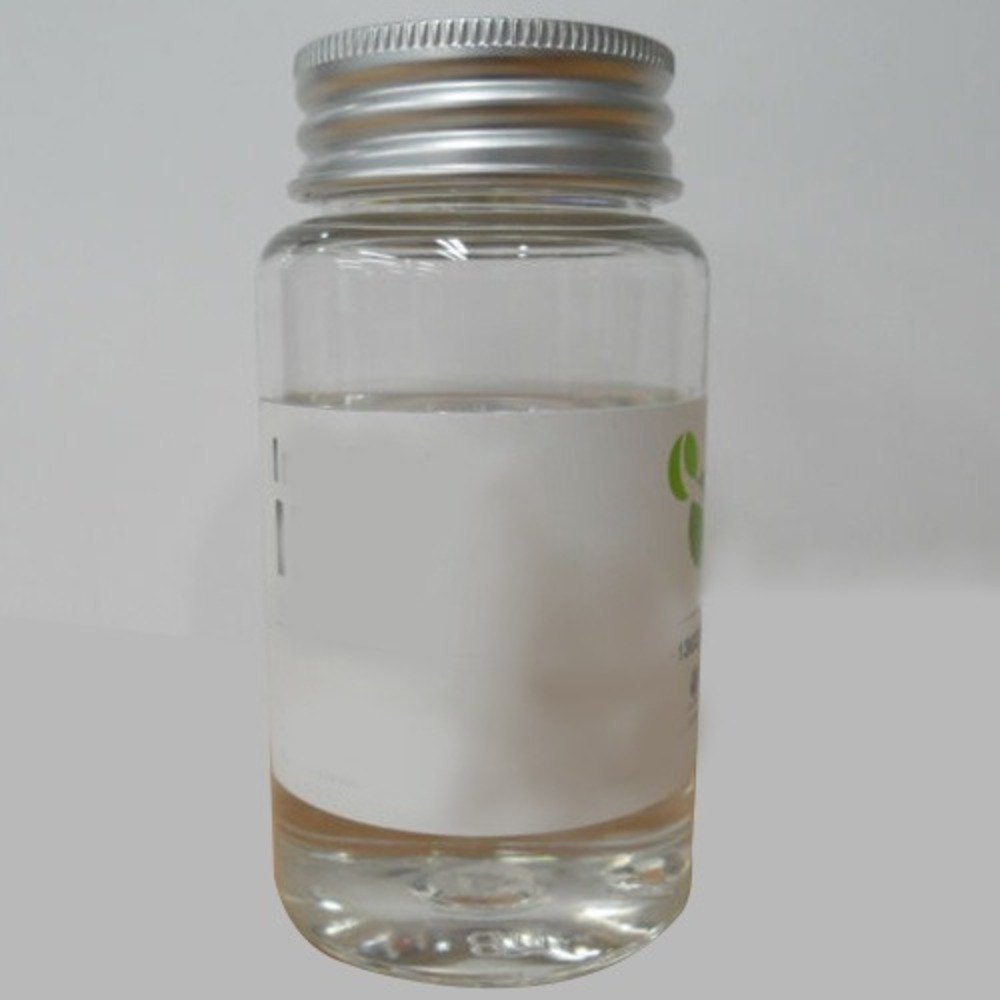
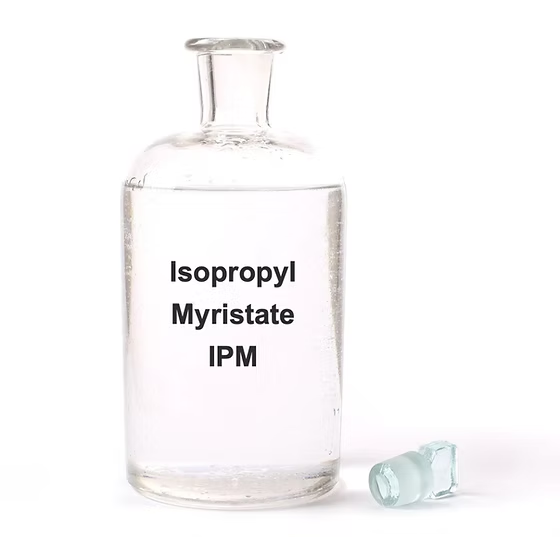
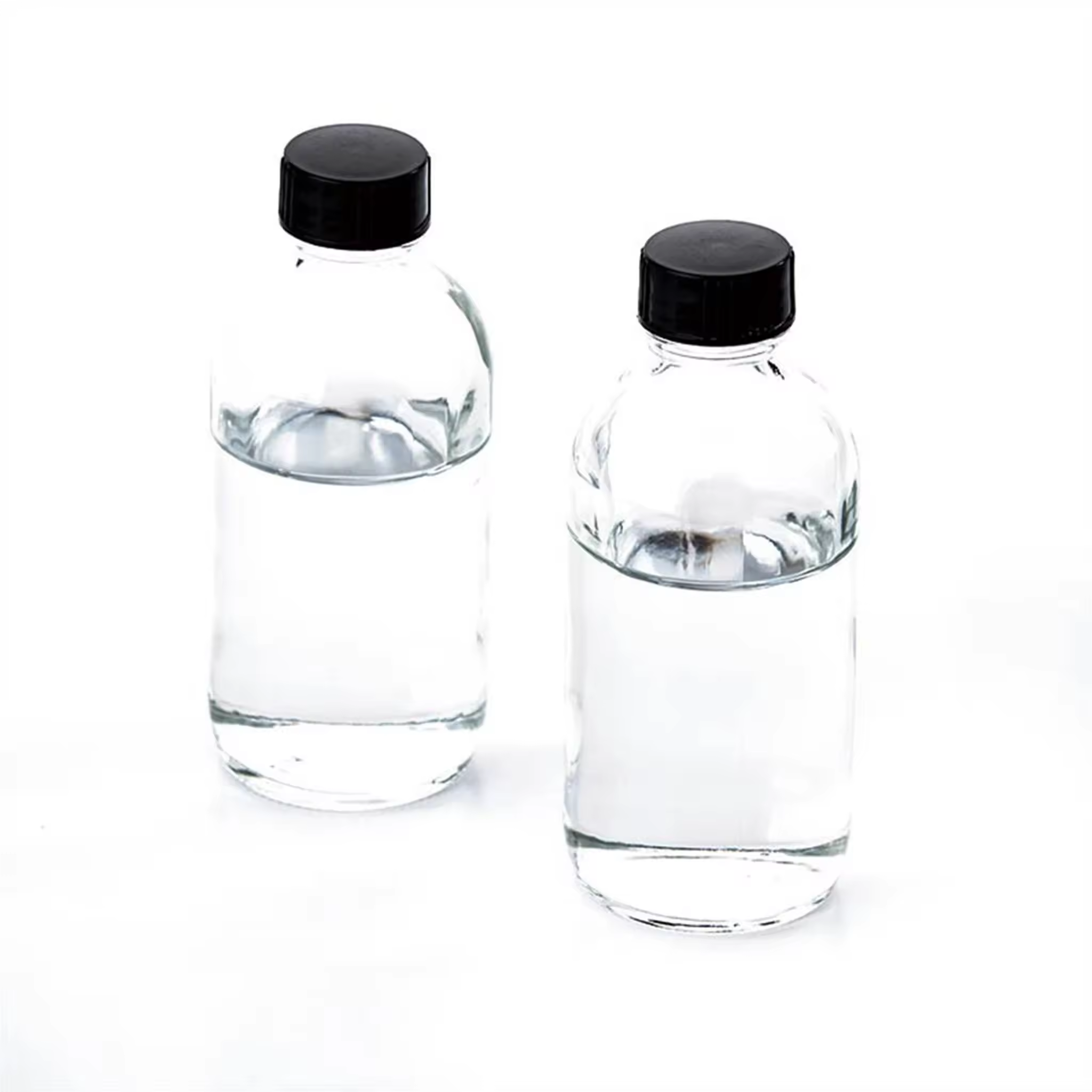
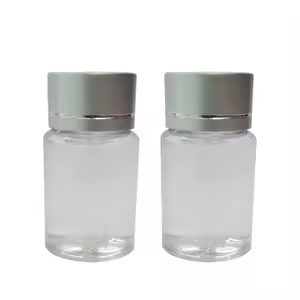

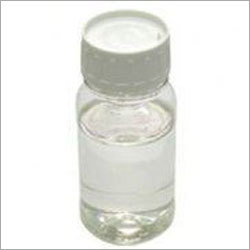
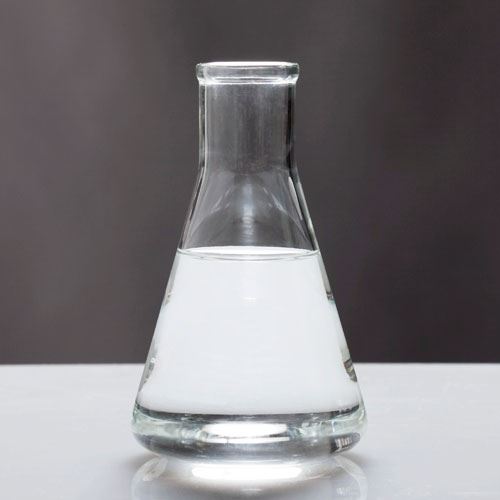
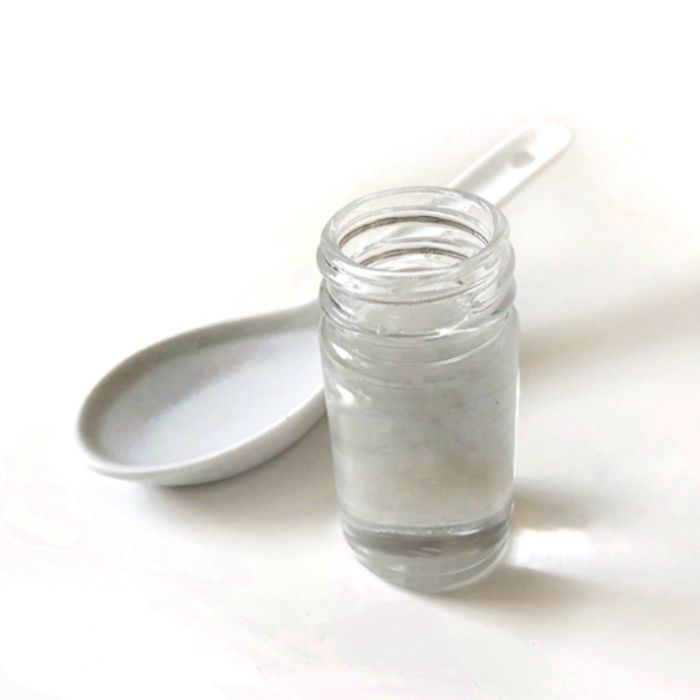


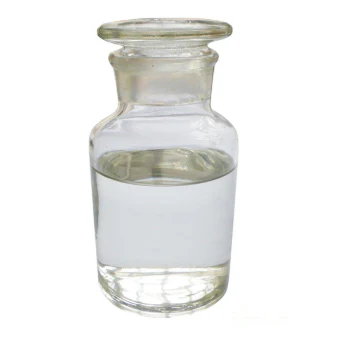


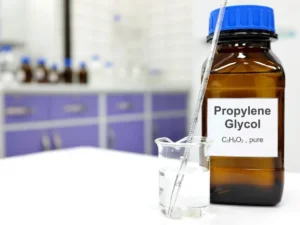

Reviews
There are no reviews yet.